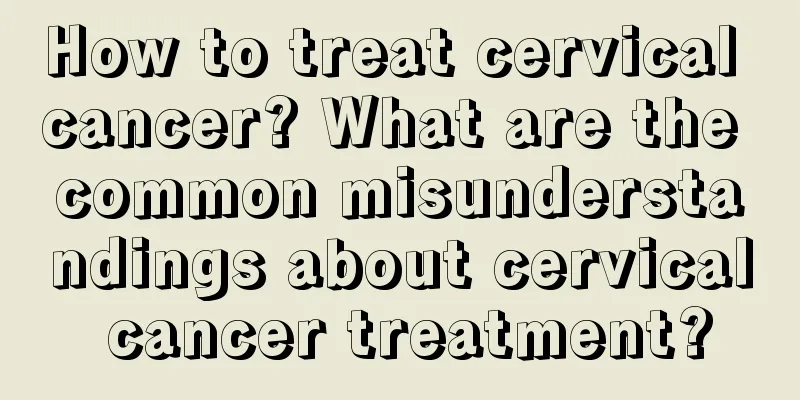Is there such a disease as testicular cancer?

|
Testicular cancer is a relatively rare malignancy in the male reproductive system, but it does exist. Early detection and treatment are crucial to prognosis. The main symptoms include a testicular mass, pain or heaviness, and treatments include surgery, radiotherapy and chemotherapy. 1. Causes of testicular cancer The cause of testicular cancer is not fully understood, but it may be related to genetics, environmental factors, and physical factors. Men with a family history of testicular cancer have a higher risk of the disease. Environmental factors such as exposure to certain chemicals or radiation may also increase the risk of disease. Physical factors such as cryptorchidism or abnormal testicular development are also associated with the development of testicular cancer. 2. Symptoms of testicular cancer Common symptoms of testicular cancer include a painless mass in the testicle, swelling or heaviness in the testicle. Some patients may also experience pain in the lower abdomen or groin area. Advanced symptoms may include back pain, cough or difficulty breathing, indicating that the tumor may have spread to other parts of the body. 3. Diagnosis of testicular cancer Diagnosis of testicular cancer usually includes physical examination, ultrasound examination and blood tumor marker detection. Ultrasound examination can determine the nature and location of the mass. In blood tests, elevated levels of alpha-fetoprotein AFP, human chorionic gonadotropin HCG and lactate dehydrogenase LDH may indicate the presence of testicular cancer. 4. Treatment of testicular cancer Treatments for testicular cancer mainly include surgery, radiotherapy, and chemotherapy. Surgery is usually an orchiectomy, which removes the affected testicle to prevent the spread of the tumor. Radiotherapy is mainly used for seminoma, using high-energy rays to kill cancer cells. Chemotherapy is used for advanced or recurrent testicular cancer, and commonly used drugs include cisplatin, etoposide, and bleomycin. 5. Prognosis of testicular cancer The prognosis for testicular cancer is generally good, especially when detected and treated early. The five-year survival rate for seminoma is over 95%, and the five-year survival rate for non-seminoma is around 80%. Regular follow-up and monitoring of tumor marker levels are essential to prevent recurrence. Although testicular cancer is rare, men should perform regular self-examinations, especially those with a family history or high-risk factors. Early detection and treatment can significantly improve survival rates and quality of life. If there are any abnormal symptoms, you should seek medical attention for professional diagnosis and treatment in a timely manner. |
<<: What are the symptoms of thyroid cancer in the throat
>>: The baby has a bump on his head, what's going on?
Recommend
What is the staging and cure rate of nasopharyngeal carcinoma?
What are the staging and cure rates of nasopharyn...
Is a persistent cough a sign of lung cancer? Not necessarily
A persistent cough is not necessarily caused by l...
How to take care of lung cancer? 3 nursing methods for lung cancer patients
The occurrence of lung cancer is mainly due to so...
Side effects of thread embedding
Thread embedding for weight loss is a very good w...
The darker this part of a woman is, the more careful she should be
Nails are very important to the health of each of...
Honey for conjunctivitis treatment
The eyes are a particularly fragile area of the...
What are the symptoms of advanced lung cancer? Five common clinical manifestations of advanced lung cancer
Lung cancer is a serious disease, and if it is no...
Do I need to be on an empty stomach for an early pregnancy ultrasound?
There are many things to pay attention to when go...
What are the benefits of a portable insulin cooler?
The human body secretes insulin, but many people ...
What are the hazards of dust to human body
If we want our lungs to be healthy, we must stay ...
What's the matter with the small lump on the butt?
It is actually quite common to have small pimples...
4 health tips to help you maintain your health
Health is everyone's most precious wealth. If...
What exactly is dietary fiber
Nowadays, people's living standards have grea...
What should be paid attention to when caring for advanced lung cancer? Four important matters to pay attention to when caring for advanced lung cancer
Lung cancer does not require any special care in ...
How to treat bone cancer? Which hospital is best for treating bone cancer?
Which hospital is good for bone cancer? I think t...









